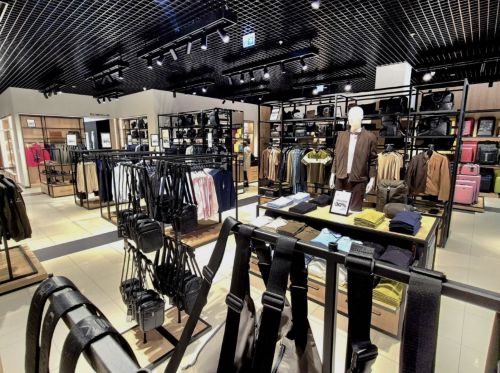Aneta Cichla, ‘Eurobuild CEE’: Six months have elapsed since the introduction of the law restricting trade on Sundays. How has this change impacted the shopping centre market in Poland?
Radosław Knap, managing director, Polish Council of Shopping Centres: Considering the footfall and turnover data submitted to us by shopping centres, it can be concluded that these figures have been decreasing. Information on the turn-over obtained from 100 shopping centres shows that the average sales index per sqm in January and February 2018, just before the introduction of the ban, grew faster than in the same periods of 2017 and 2016. In January this year, the turnover was 8 pct higher and in February it was 5 pct above the figure for a year earlier. In March, the first month that the new law was in force, the turnover fell to plus 1.4 pct, while April and May this year were marked by app. 4 pct falls in the figures compared to 2017. It was similar when it came to the footfall. In January thi





























































